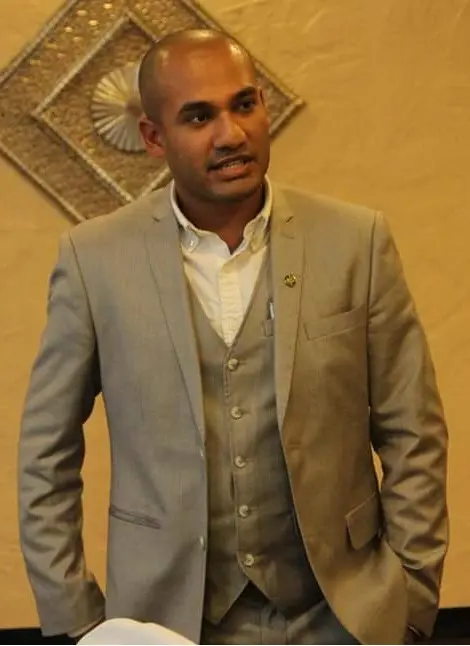Last week, I was in Dallas, Texas to speak on a panel regarding the elusive peace between India and Pakistan – two neighbors that have yet to acquire the ability of living as responsible adults. The event was organized by Project Pakistan – a budding network, which aims to work on peace-building between communities and nations. It was during this hullabaloo that I met a young Pakistani student Ahmad Shabbar who is currently studying Mechanical and Energy Engineering at the University of North Texas.
Shabbar is a mild-mannered young man of immense talents. As a student of Physics at Reed College, Portland, Oregon he became an ardent student of the science behind nuclear reactors. By a stroke of luck, and obviously academic performance, he worked at the Reed Research Reactor. It is a small reactor facility that caters to various thesis needs of science students, and can tell what a substance is made up of by using a technique called Neutron Activation Analysis. This facility is run entirely by undergraduate students, and it trains young scientists on how to move forward with their careers.
Students from Pakistan rarely come to the U.S. to become trained scientists. The focus mostly is on degrees that will convert into highly-paid corporate careers. Fewer are into research, let alone in such specialized areas.
Once Shabbar graduated from Reed College, the job hunt commenced. The first port of call was the U.S. to gain experience, with the goal to move back to Pakistan – as is the case with all young men and women in their zeal to serve their own country. Despite his relevant experience Shabbar was, after all, a Pakistani citizen! Given the incidents such as Faisal Shahzad ‘s attempt to launch a strike; and the media generated hysteria about the ‘Muslim’ issue, there was little or no traction.
Shabbar then turned to Pakistan earlier than expected. Informal contacts indicated that being trained in America could be a security problem as working in a nuclear reactor was a ‘sensitive’ job. This was disappointing and partially understandable as a country embroiled in a regional conflict could be potentially worried about the U.S.-educated physicist. Yet, a country has to trust its citizens and being trained in the U.S. or any other country is not a disqualification. Far from it. Pakistan does nurture and fuel paranoia about its nukes.
Finally the young scientist almost found a job in a Gulf state as a young academic in the position of a radiation safety officer. As he was proceeding to complete his paperwork, he realized that a form asked for his sect as a Muslim. As a hybrid Shia-Sunni child, he was uncomfortable about declaring his sect. Shabbar was informed that as a Shia Muslim it is not too easy to find state employment.
The dream of becoming a nuclear scientist and working in a reactor therefore seemed distant and unachievable. So Shabbar had to think of a different career option. And now he is pursuing a degree in engineering so that his education finally makes him ’employable’. He is focusing on alternative and renewable energy with the intention of joining the energy sector in Pakistan. Hopefully, this time an American education won’t be a security risk.
We live in a strange world. It is not encouraging for a young, passionate student of science to face walls of national security phobia, sectarianism and unstated discrimination that continues despite the euphoria of globalization. Stereotypes and institutional barriers carved through identities remain powerful.
This has to change. This is why Shabbar’s case merits attention by all.
And here is the young man in his own voice. [Watch video of a conversation I had with Shabbar here ]


